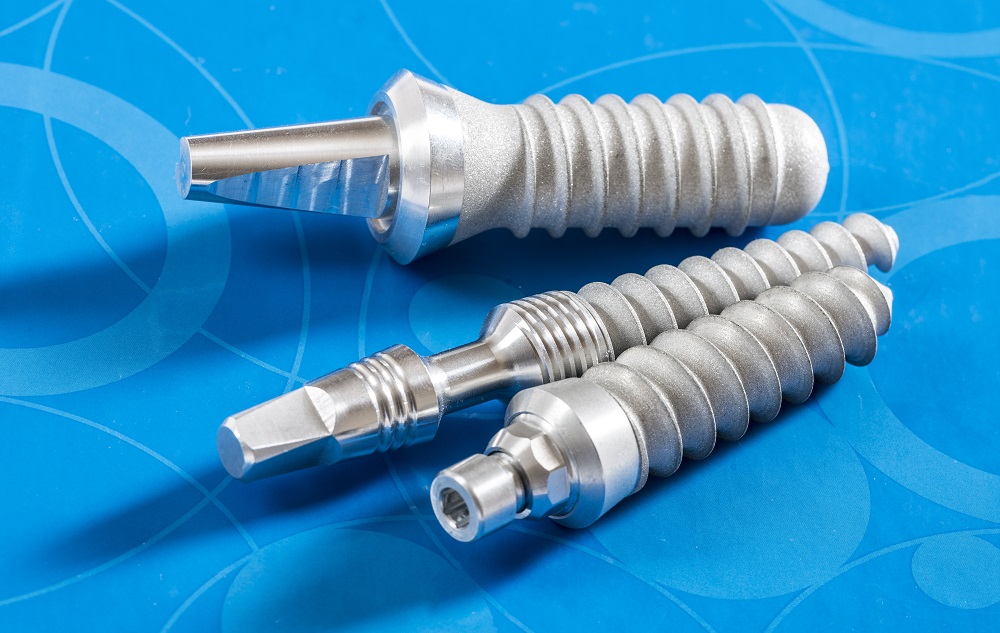Monolithic Zirconium
Monolithic zirconium is a kind of monoblock zirconium. These are new generation zirconium crowns with a very natural and aesthetic appearance, which are colored and made up as if there is porcelain, without putting porcelain on this zirconium.
Monolithic Zirconium Prices, What is Monolithic Zirconium?
Usage areas?
Long bridges are a great solution for bruxist (clenching) patients and patients with vertical dimension (eroded teeth) problems. Thanks to its special patented production system, it is a material with much better transparency and aesthetic appearance than other zirconium products, and much higher durability.
It has been reported that even monolithic zirconia with a thickness of 0.5 mm has sufficient resistance to the maximum bite forces in the mouth in scientific studies that performed much stronger restorations with much less material loss. Crowns and bridges made with monolithic zirconium eliminate many treatment steps as they do not contain metal or zirconium infrastructure or porcelain.
There is no need for rehearsals done every few days. Thus, patients get their new teeth in a short time without going through long treatment processes lasting one week or ten days. Especially patients who have limited time for treatment from abroad may prefer this material.
For whom is it suitable?
Crowns and bridges made with monolithic zirconium have a much more aesthetic appearance and are much more resistant to breakage than crowns and bridges with metal or zirconium substructures. With these features, it is an alternative with much greater advantages than crowns and bridges with metal infrastructure and zirconium infrastructure.
What are the Differences from Classic Zirconium Coating?
The difference of monolithic zirconium from the classical zirconium crown is that it is monolithic, that is, porcelain is not applied on it afterwards. Specially produced monoblock zirconia blocks are modeled with CAD/CAM supported milling. It is then sintered at temperatures exceeding 1500 degrees. It is almost impossible to break.
Monolithic zirconia crowns, in other words, full zirconium crowns offer extra strength due to their monolithic structure, and because there is no infrastructure, the light transmittance is the same as a natural tooth. It is becoming more and more popular every day because it combines aesthetics and durability.
What are the Advantages of Monolithic Zirconium?
The use of zirconium, which is a white alloy instead of metal, is increasing day by day in infrastructures that provide all the features we want together, such as offering aesthetics and durability, high gingival harmony. While zirconium-based porcelain provides an aesthetic and natural appearance in the anterior teeth, on the other hand, they are more preferred today and are used safely by dentists due to their resistance to be used in the posterior teeth.
Zirconium supported systems eliminate the problems experienced in metal supported coatings and increase the quality of life of people by creating a natural and aesthetic appearance in the patient’s mouth.
What is Zirconium?
Another important feature of zirconium is its success in transmitting light. In this way, by imitating the light transmission feature of natural teeth, it not only allows us to have aesthetic teeth closest to nature, but also brings functionality thanks to its durability. From this point of view alone, we can see how it revolutionized aesthetic dentistry.
What are the advantages?
Lack of sensitivity to cold and hot
Does not cause allergies (fully compatible with tissue)
The color is not matte or dull (not opaque)
Perfect alignment of the gums
Being hygienic (less microorganism retention on its surface)
Fully compatible with body tissues and mouth tissues
What are the Advantages for the Patient and the Physician?
Application time is shortened. If desired, a new smile can be given to the person in three days. The aesthetic quality of the tooth is very high, its light transmittance and stance are like a natural tooth. Since the porcelain blocks used are porcelain blocks that were previously prepared under factory conditions, the physical properties of the material do not change, and the margin of error is minimized. Since the intermediate stages are reduced, it saves time for the physician.
Zirconium has been used for various purposes in various parts of the body, especially in hip joint prostheses, and it has been determined that it does not have any side effects or harms, and does not cause allergies. Zirconium is an element that is resistant to high temperatures, impacts, light, does not conduct heat and electricity, and can transmit light. In addition, it is a healthy material that does not cause taste disorders, gum problems and bad breath.
Does it cause allergies?
No, Zirconium Oxide is a tissue compatible substance and does not cause allergies.
Can Your Gums Also Recede?
No, it has been found in research that it is perfectly compatible with the gums. Of course, it cannot stop the gingival recession that develops naturally with age.
Get Free Quote
To get information about hollywood smile, you can call us, fill out our consutlation form or send a message directly via Whatsapp.

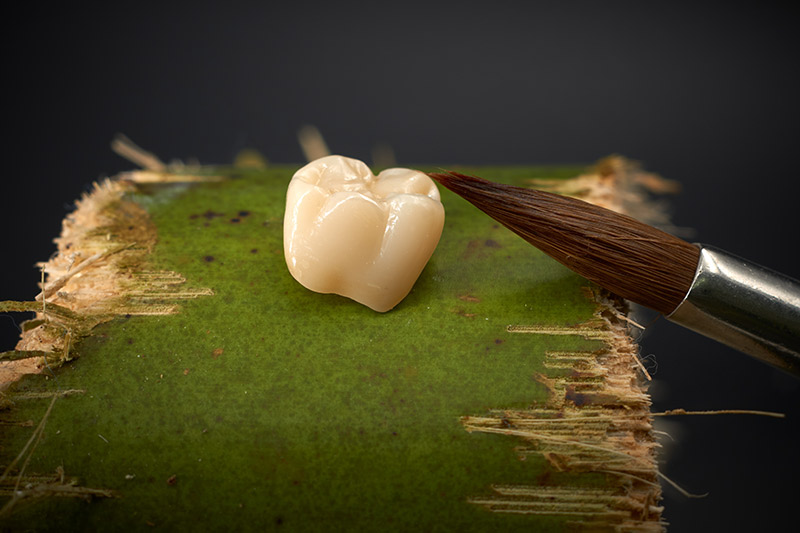
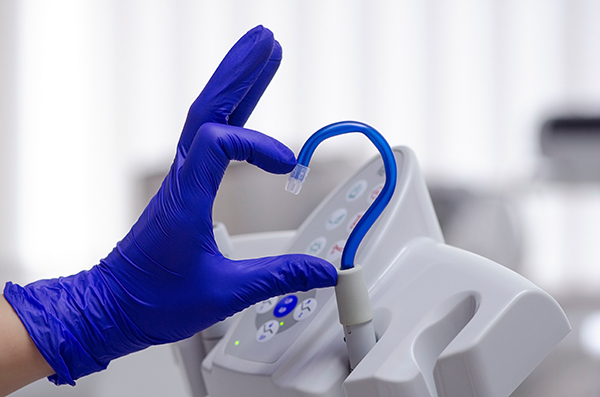
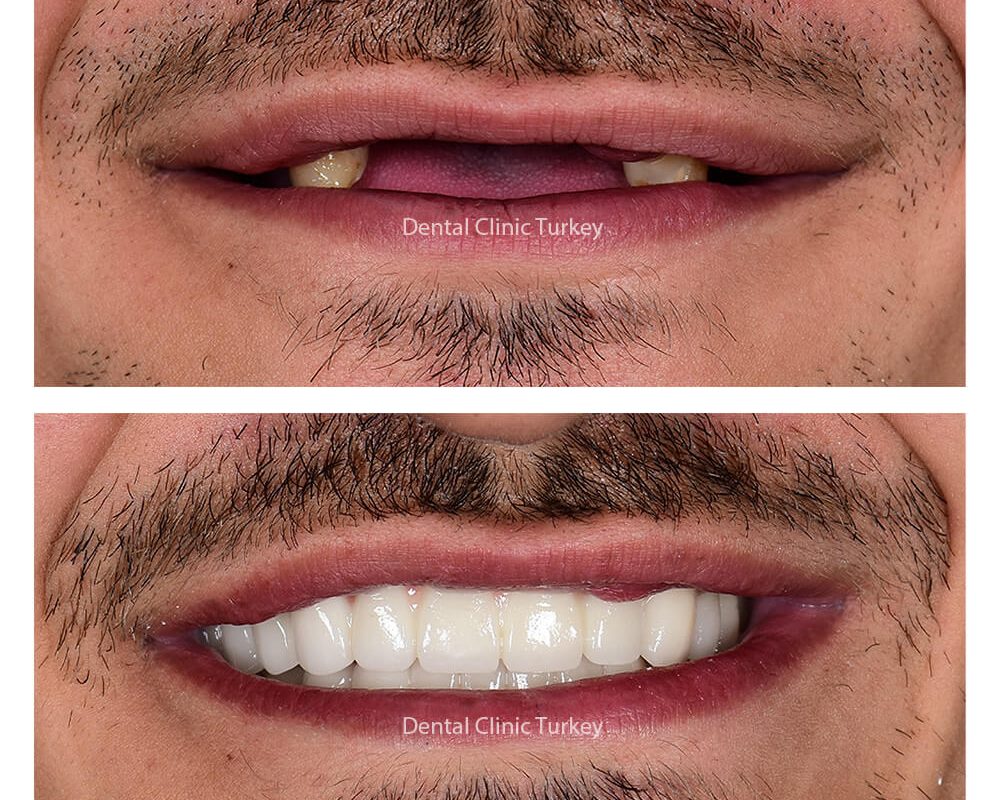
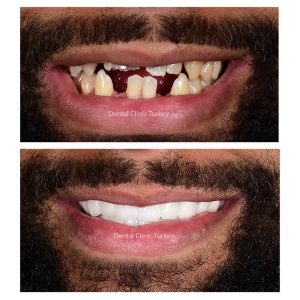 The biggest problem of not removing the tooth loss is perhaps the problems that will arise in other teeth in contact. The first of these is the decay that will occur around the lost tooth area. The space created by the tooth will be more contaminated when eating or drinking than the areas with teeth. Food escaping here will go unnoticed and this will cause serious oral pollution. Therefore, it is more likely that the teeth around the cavity formed as a result of tooth loss will be lost due to decay.
The biggest problem of not removing the tooth loss is perhaps the problems that will arise in other teeth in contact. The first of these is the decay that will occur around the lost tooth area. The space created by the tooth will be more contaminated when eating or drinking than the areas with teeth. Food escaping here will go unnoticed and this will cause serious oral pollution. Therefore, it is more likely that the teeth around the cavity formed as a result of tooth loss will be lost due to decay.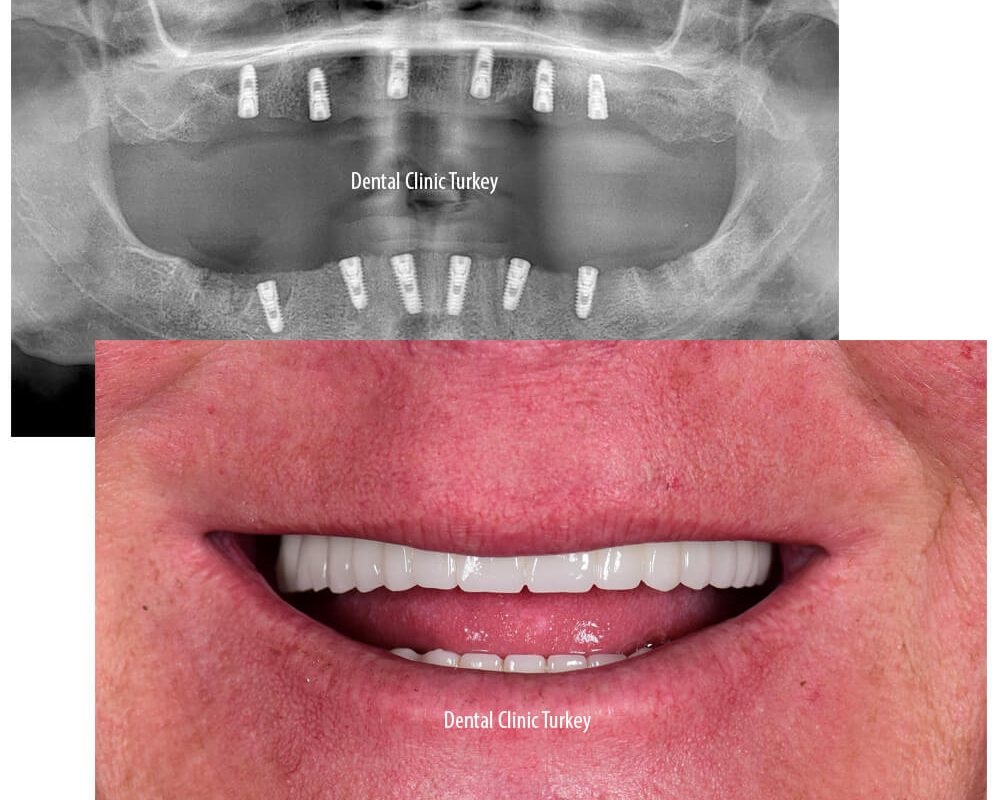
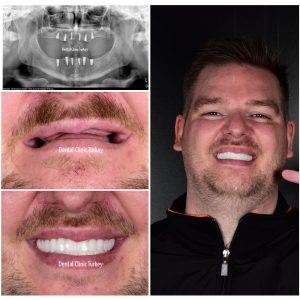
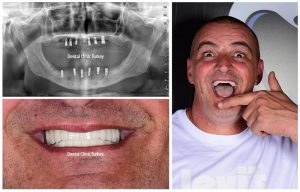 Implant planning in total edentulism, in order to make implant supported fixed teeth, during the treatment planning, it must be determined in advance what the teeth will look like at the end of the treatment. It is possible to have enough information on this subject with the records taken from the patient, the diagnostic models obtained and the wax models to be made on them.
Implant planning in total edentulism, in order to make implant supported fixed teeth, during the treatment planning, it must be determined in advance what the teeth will look like at the end of the treatment. It is possible to have enough information on this subject with the records taken from the patient, the diagnostic models obtained and the wax models to be made on them.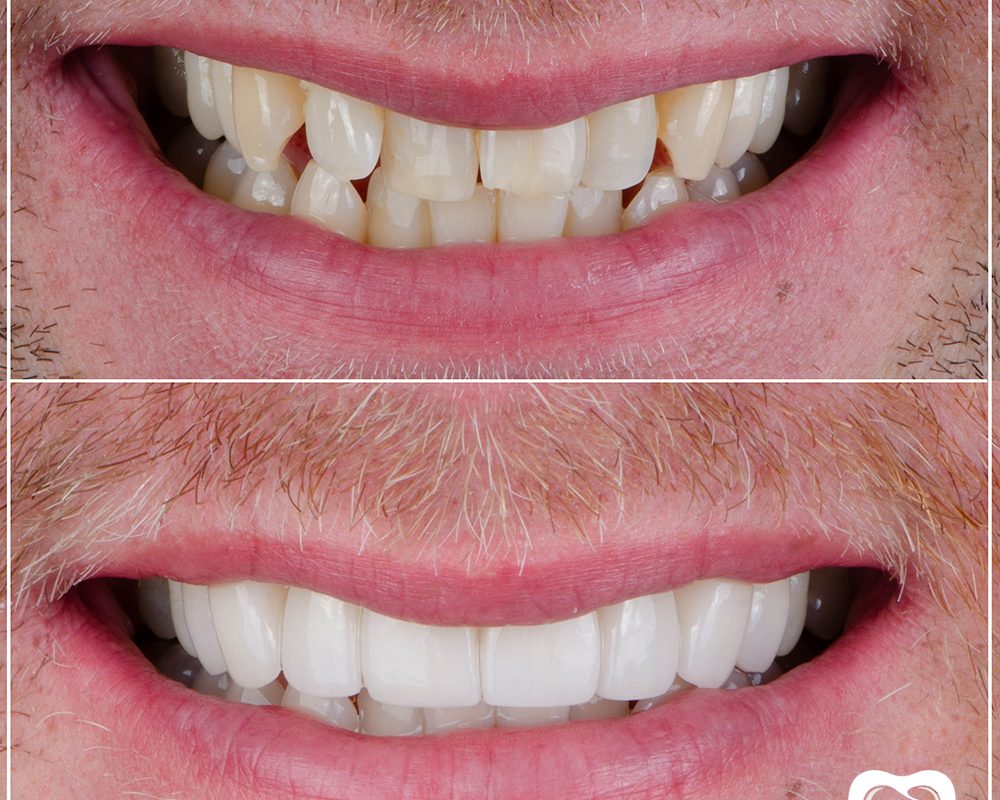
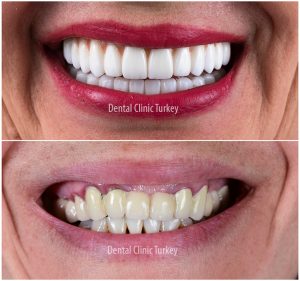 Prosthetic dental treatments are grouped under two headings as fixed prosthesis application and removable prosthesis application. Fixed prosthesis applications are the process of replacing missing or damaged teeth in the closest way to their original state, while preserving their aesthetic appearance. It is produced by taking support from the existing undamaged teeth and fixed in the mouth with various chemicals. Commonly used fixed prosthesis types are as follows:
Prosthetic dental treatments are grouped under two headings as fixed prosthesis application and removable prosthesis application. Fixed prosthesis applications are the process of replacing missing or damaged teeth in the closest way to their original state, while preserving their aesthetic appearance. It is produced by taking support from the existing undamaged teeth and fixed in the mouth with various chemicals. Commonly used fixed prosthesis types are as follows: